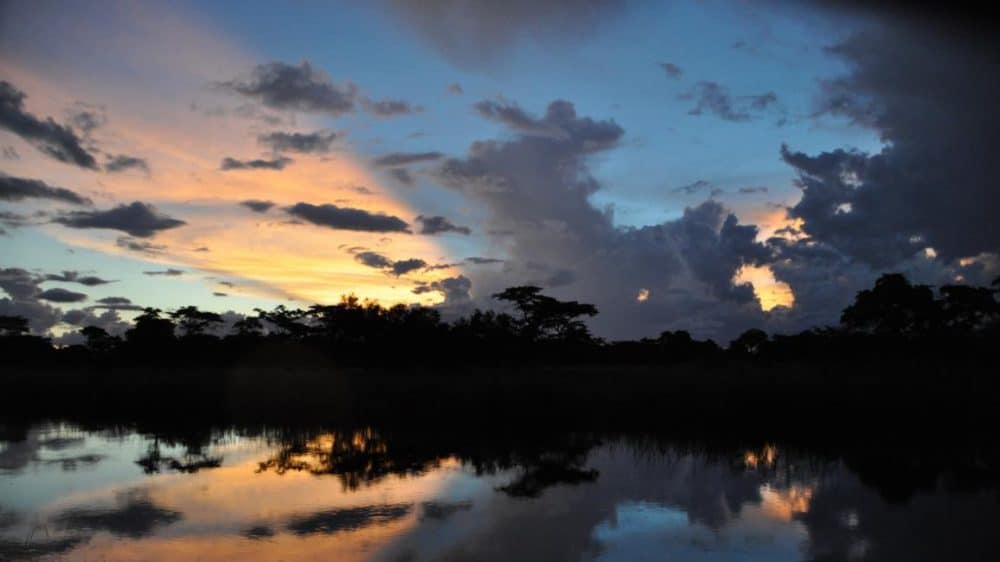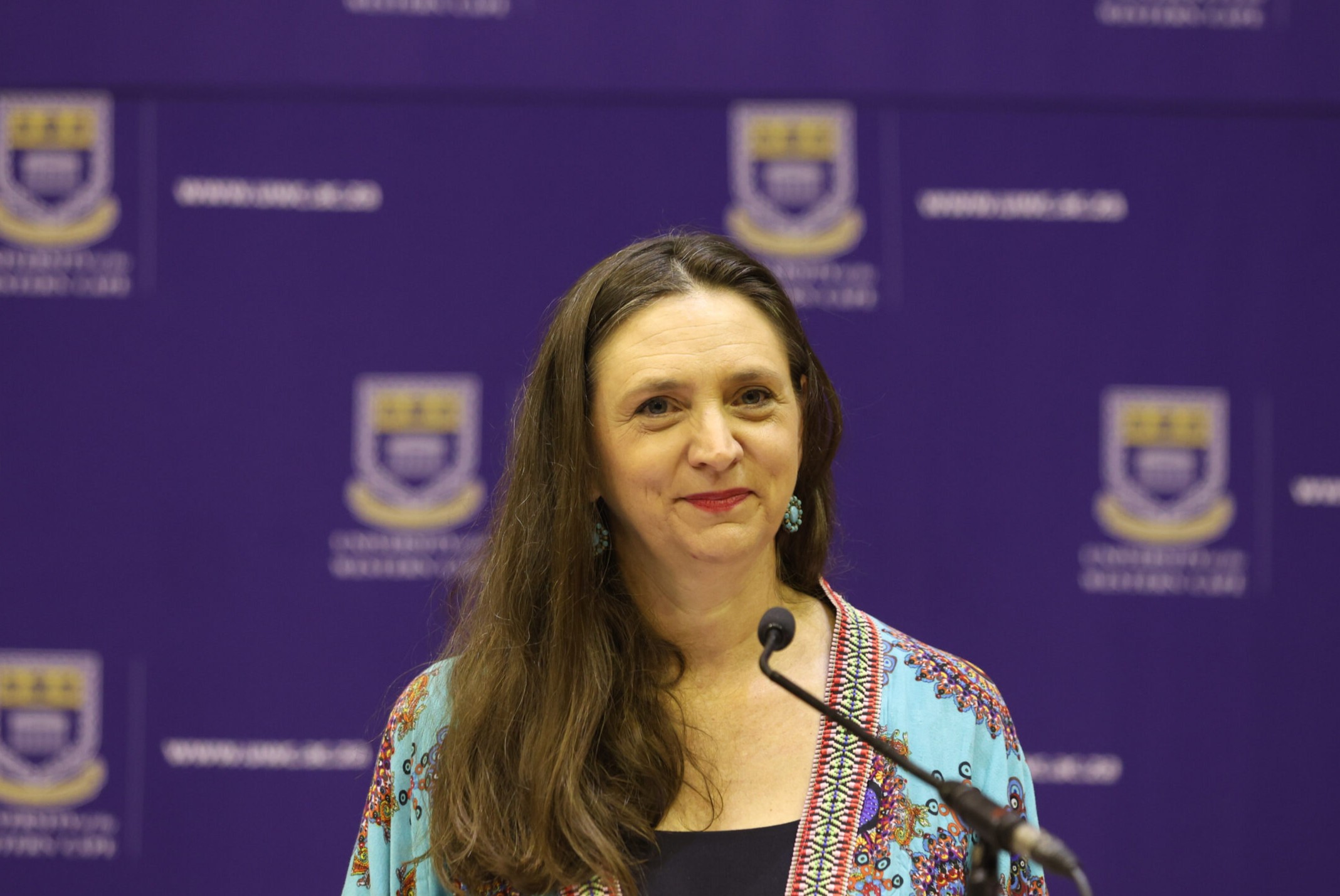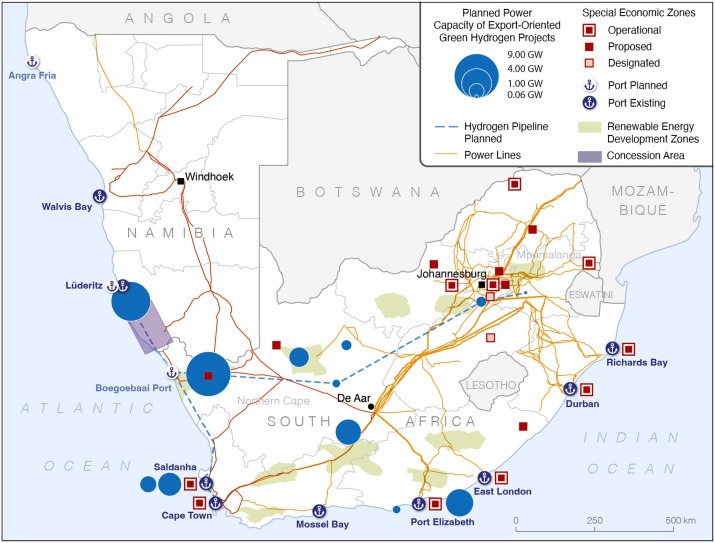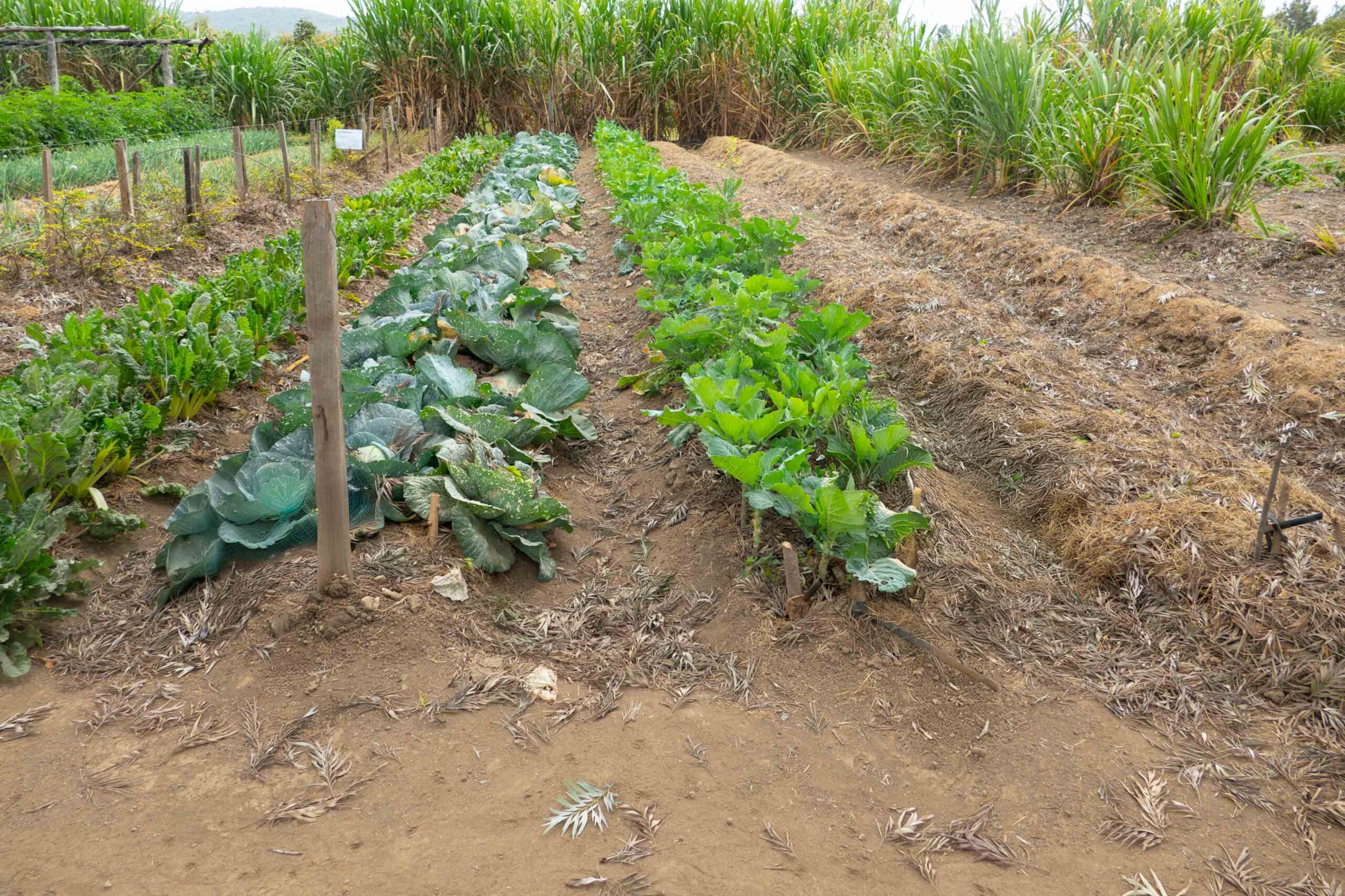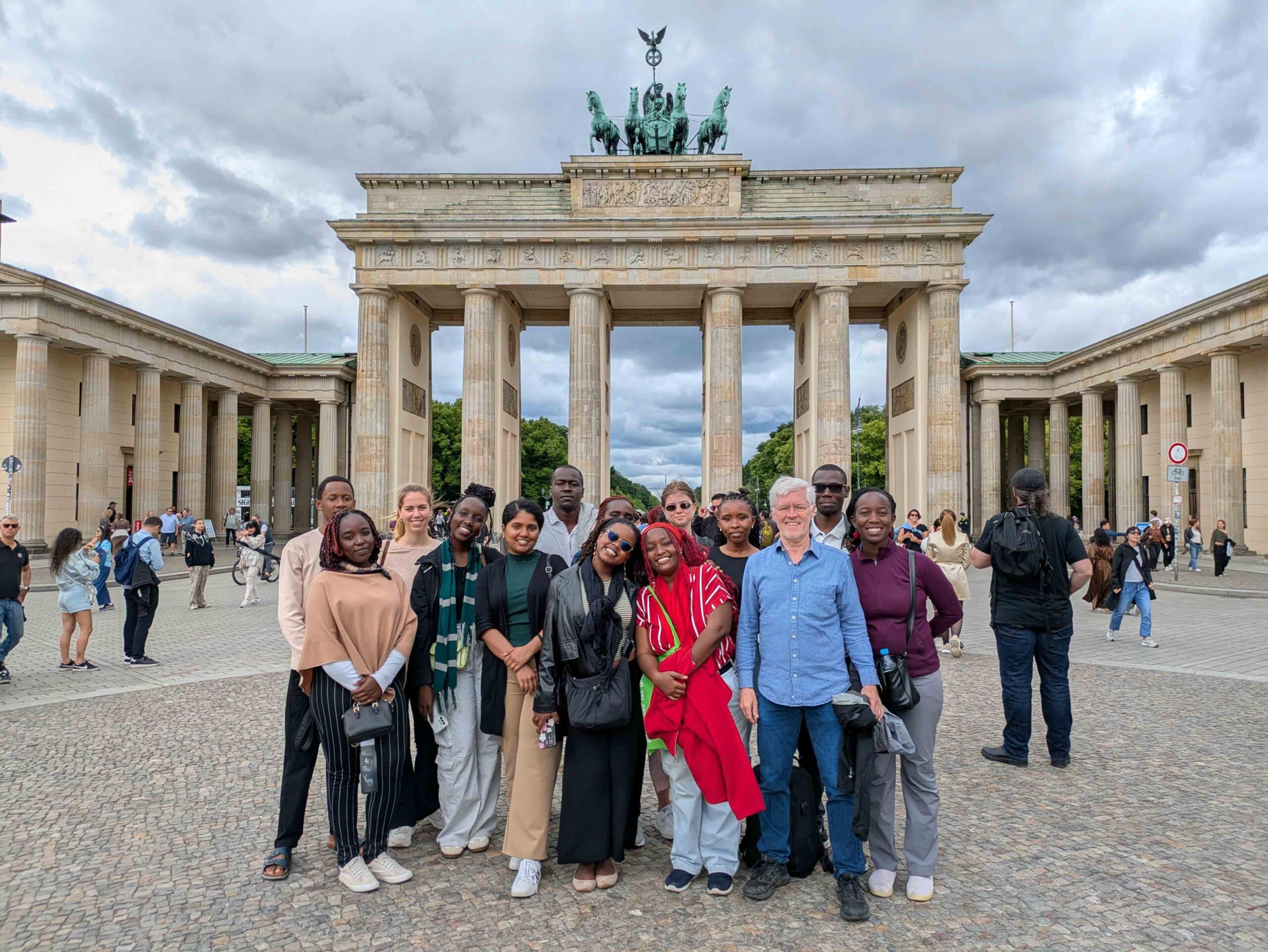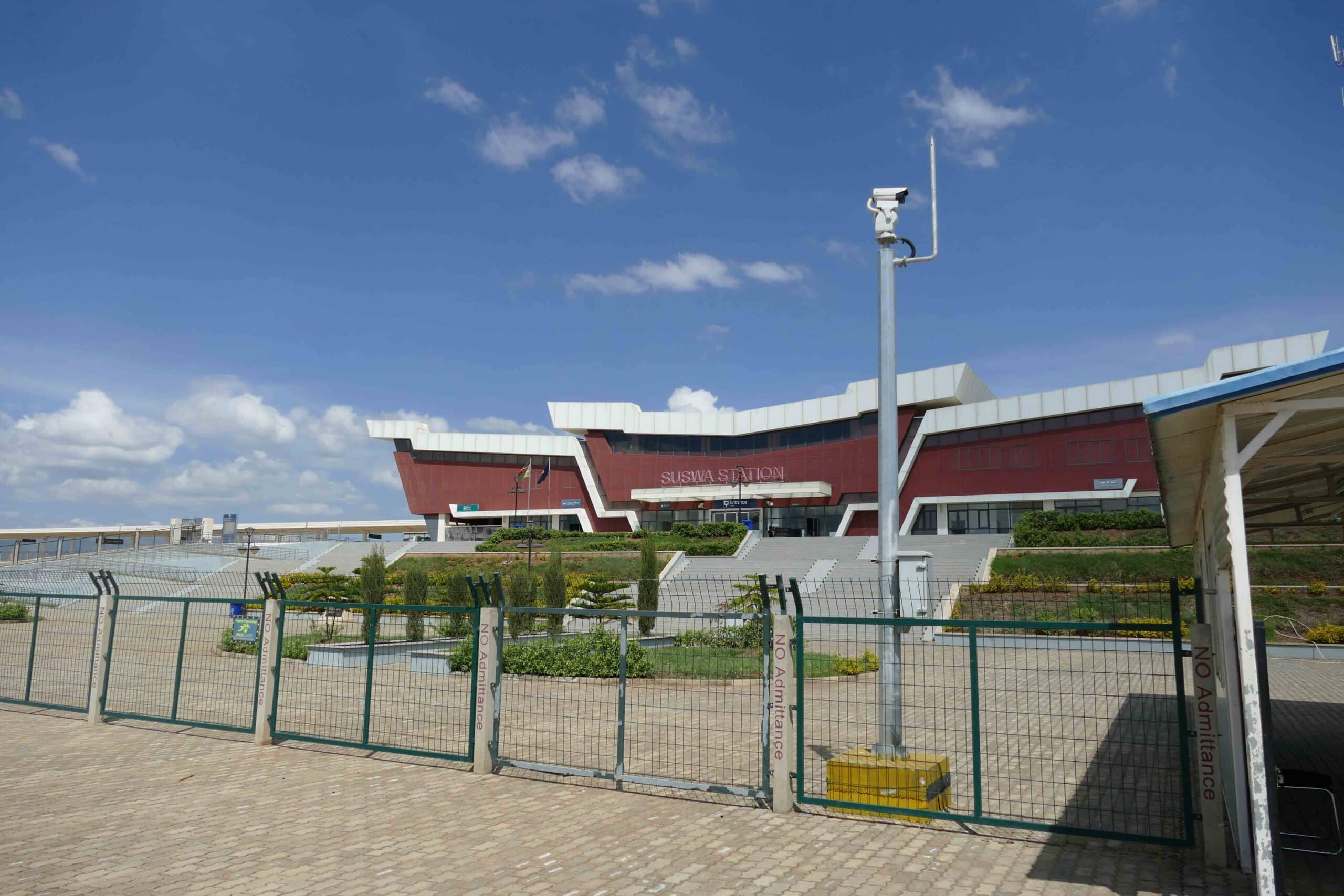Abstract
This article examines the means by which perceived threats of sleeping sickness epidemics were used to justify extensive population resettlement through the formation of ‘concentrations’ in Ulanga District, Tanganyika, between 1939 and 1945. Underlying this specious spatial reordering of communities were ulterior motives that interpreted and pushed broader colonial development agendas of social engineering.
The prominent role of leading colonial officers, notably A. T. Culwick, is emphasised and reexamined,
especially in relationship to paternalism and the coercive aspects of closer settlement. This article explores the nature of legitimised coercion, contested meanings of the League of Nations mandate, and tensions within the administration. Local resistance to concentration challenged colonial hegemony and the self-fashioned form of benign autocracy constructed by officials like Culwick, who relied on a projection of prestige for political authority in his district and among his peers. Concentration was therefore a contested and contingent process with dissent evidenced both against and within government.
Keywords: Tanzania; East Africa; settlement histories; colonial policy; development; colonial administration; accommodation
Jackson, JM 2022, ‘Coercion and Dissent: Sleeping Sickness ‘Concentrations’ and the Politics of Colonial Authority in Ulanga, Tanganyika‘, The Journal of African History, pp. 1-18 Full text, doi:10.1017/S0021853722000202.

